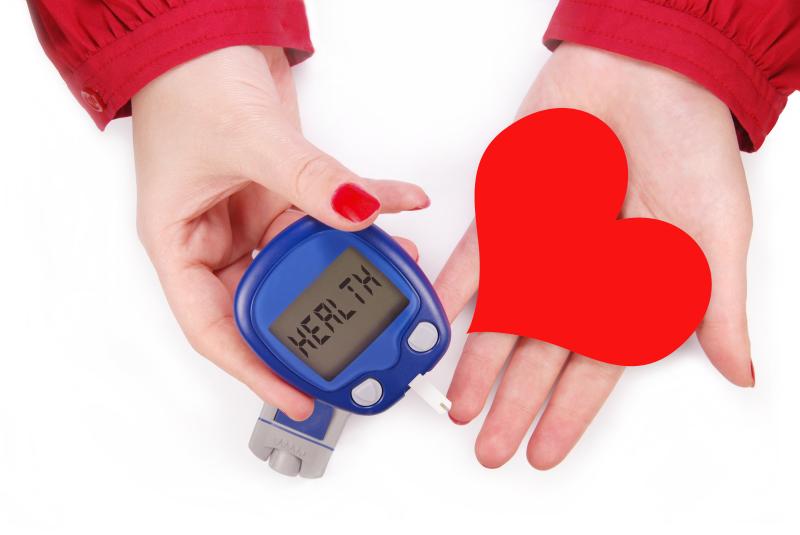
Use of pioglitazone is associated with a reduced risk of major adverse cardiovascular events (MACE) and is recommended in patients with or at high risk of type 2 diabetes (T2D), particularly those with a history of established cardiovascular disease (CVD), suggests a study.
In addition, there have been significant decreases observed in renal disease progression regardless of baseline renal function.
PubMed, Embase and the Cochrane Library were searched for randomized controlled trials (RCTs) comparing pioglitazone with any control. Cardiovascular outcomes were as follows: MACE (defined as the composite of nonfatal myocardial infarction, nonfatal stroke and cardiovascular death), hospitalization for heart failure and all-cause mortality. Renal outcomes included change in urinary albumin to creatinine ratio and 24-hour urinary protein excretion.
Twenty-six studies involving 19,645 participants met the eligibility criteria. Pioglitazone led to a decrease in MACE risk (risk ratio [RR], 0.8, 95 percent confidence interval [CI], 0.7–0.9) in patients with a history of established CVDs but not in those without (RR, 1.0, 95 percent CI, 0.7–1.3).
For individual components, pioglitazone reduced the risks of nonfatal myocardial infarction (RR, 0.8, 95 percent CI, 0.6–1.0) and nonfatal stroke (RR, 0.8, 95 percent CI, 0.7–0.9) in patients with a history of established CVDs. No treatment effect was seen on cardiovascular death (RR, 1.0, 95 percent CI, 0.7–1.2) regardless of the presence of established CVDs.
However, pioglitazone increased the risk of hospitalization for heart failure (RR, 1.3, 95 percent CI, 1.1–1.6) and showed no effect on all-cause mortality (RR, 1.0, 95 percent, 0.8–1.1). In addition, pioglitazone led to an 18.5-percent (weighted mean difference, 18.5 percent, 95 percent CI, 21.1–16.0) decrease in albuminuria, with benefits also seen in those with different renal function categories.